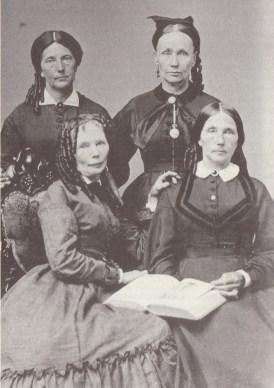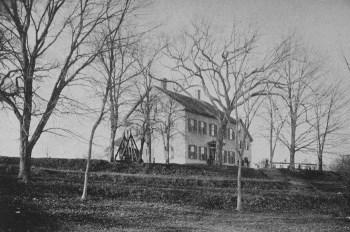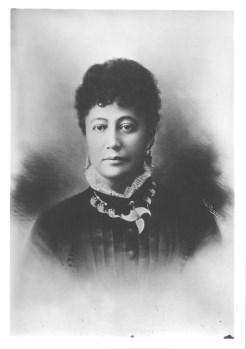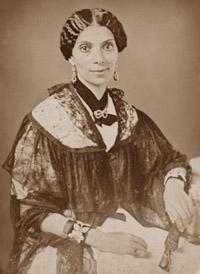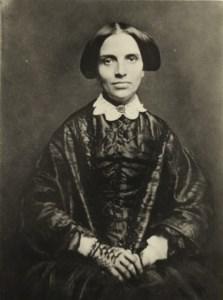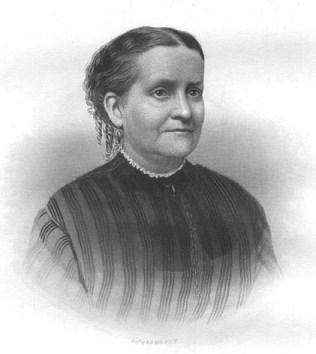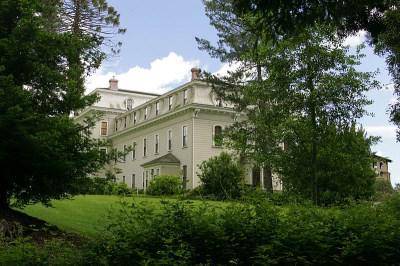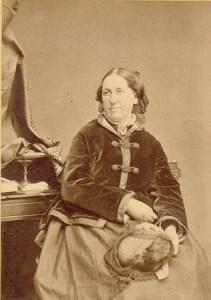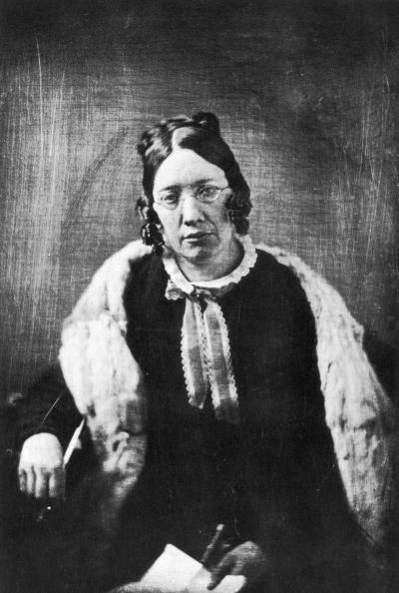Conductor on the Underground Railroad Delia Webster was a teacher and abolitionist in Kentucky, where she was a conductor on the Underground Railroad. Tried and convicted for helping runaway slaves in their escape to freedom, she was the first woman imprisoned for assisting fugitive slaves. Webster was also an artist, writer, and an independent woman, unusual for her time. Image: Delia (front left) with her sisters, clockwise Martha, Mary Jane, and Betsey Delia Ann Webster was born December 17, 1817, one of four daughters born to Benejah and Esther Bostwick Webster in Vergennes, Vermont. She attended the Vergennes Classical School, and began teaching school at 12 years of age. She then attended Oberlin College in Ohio, the first college in…
